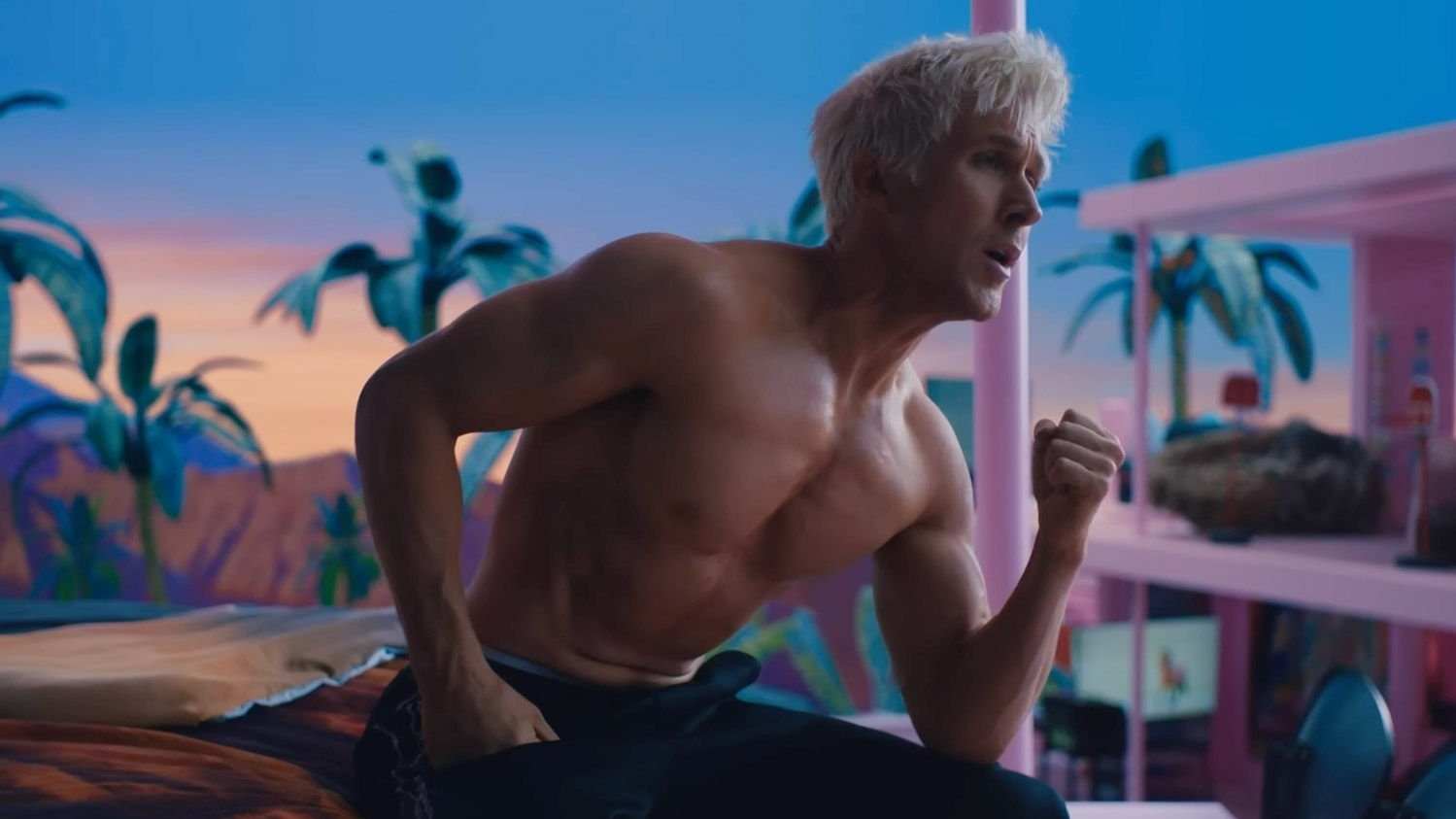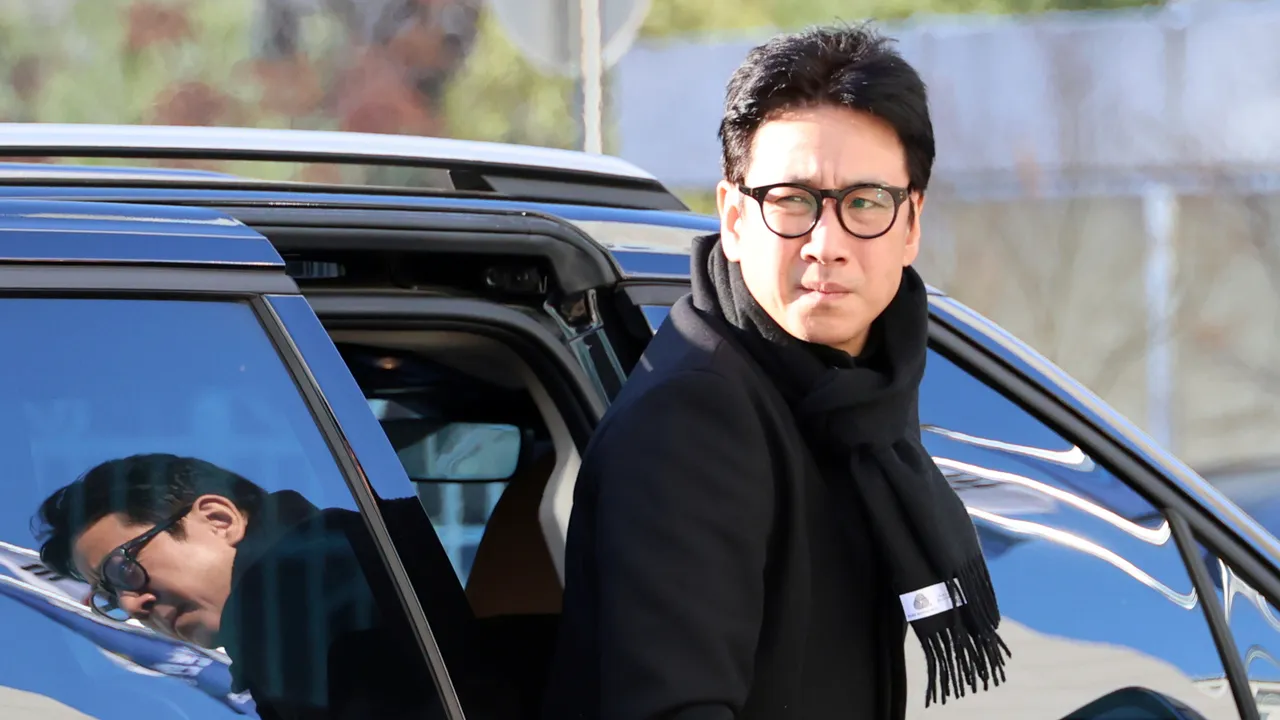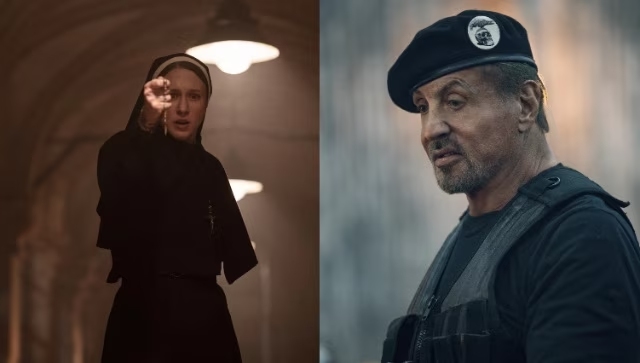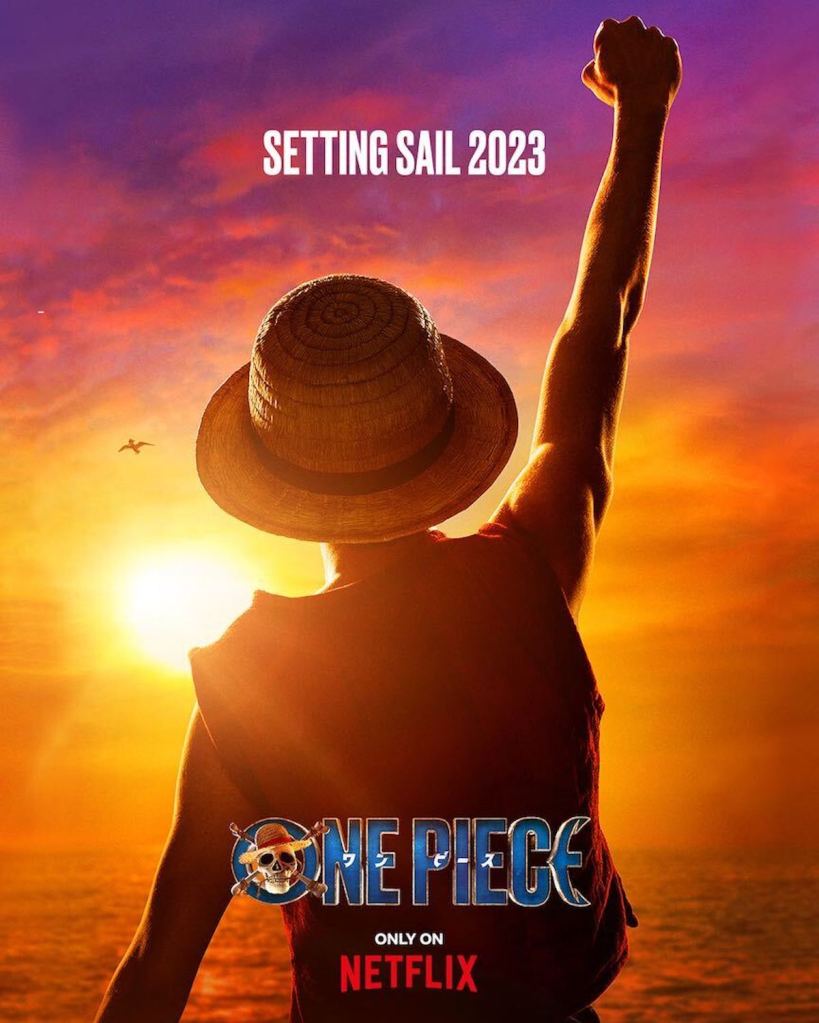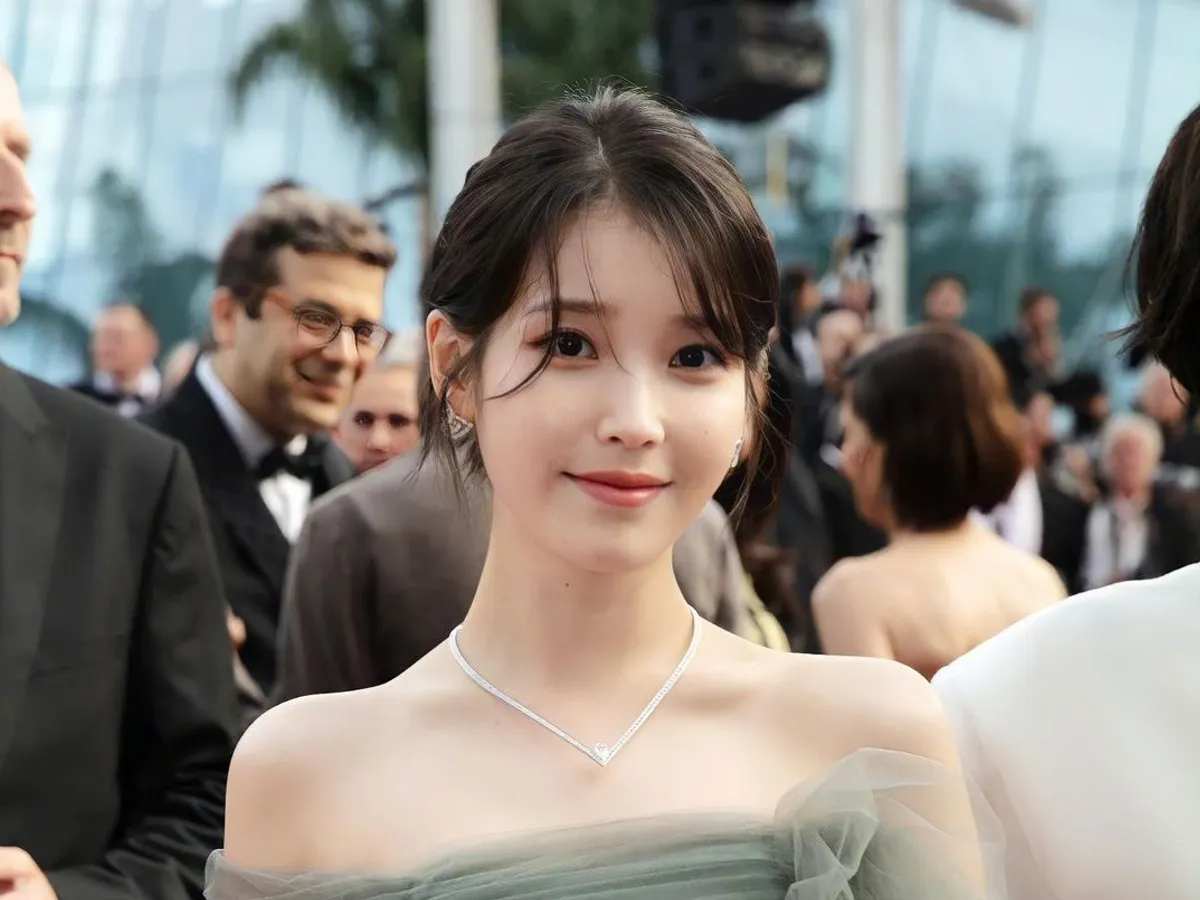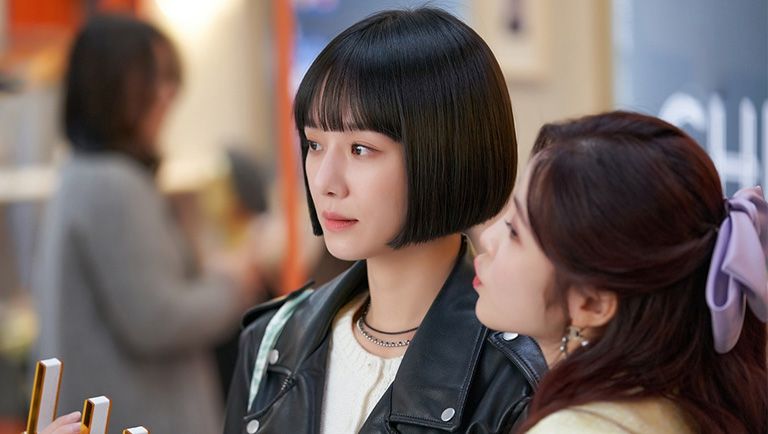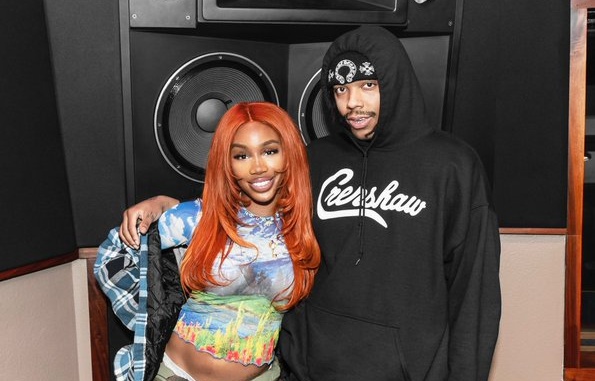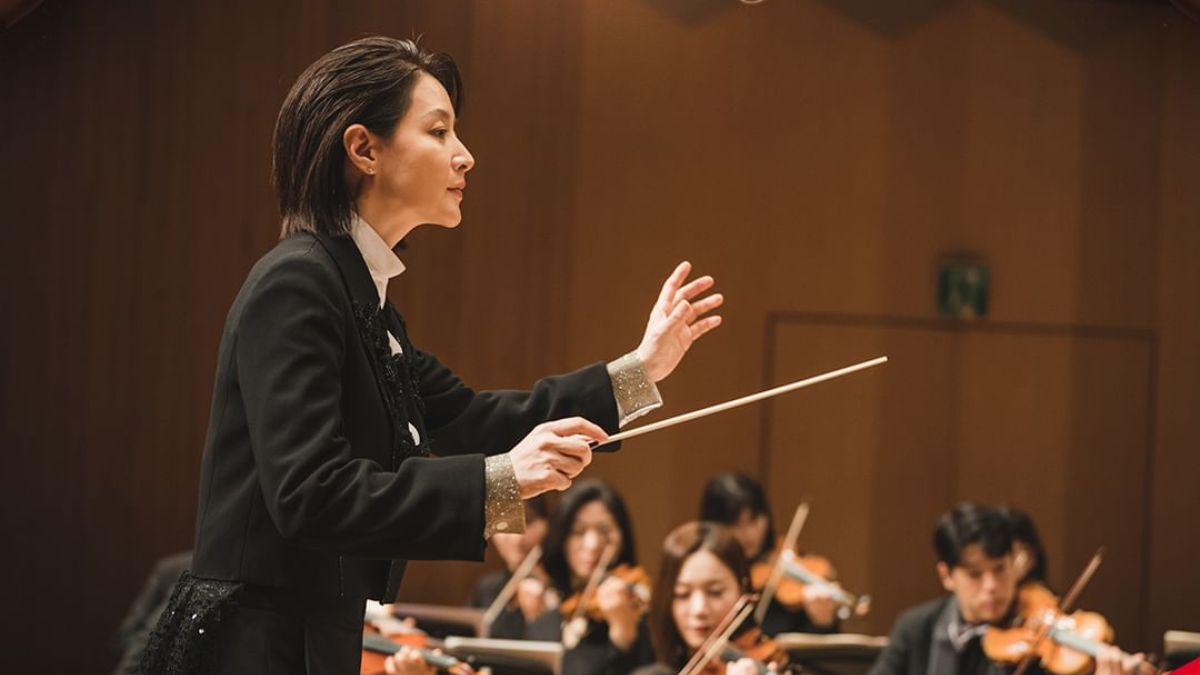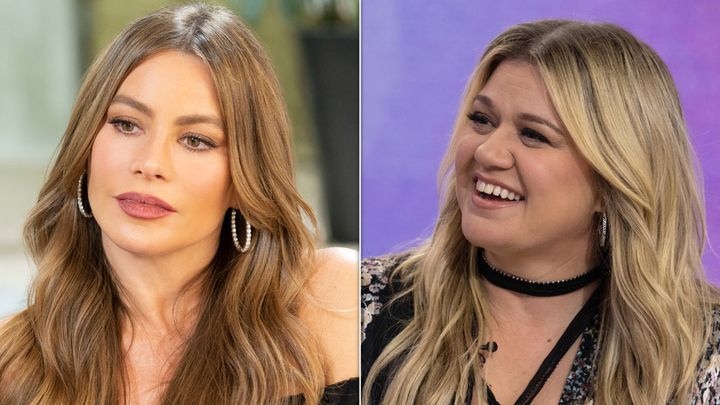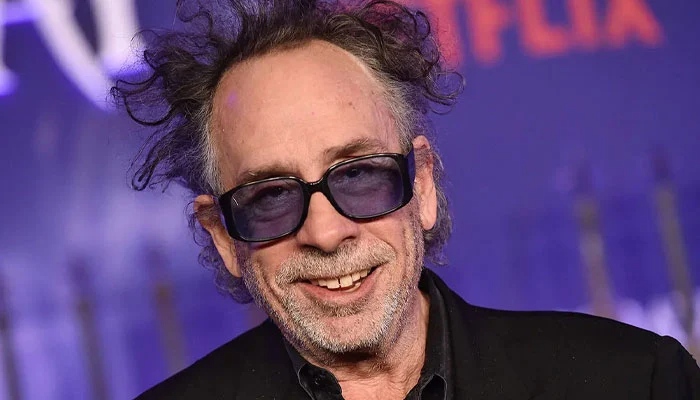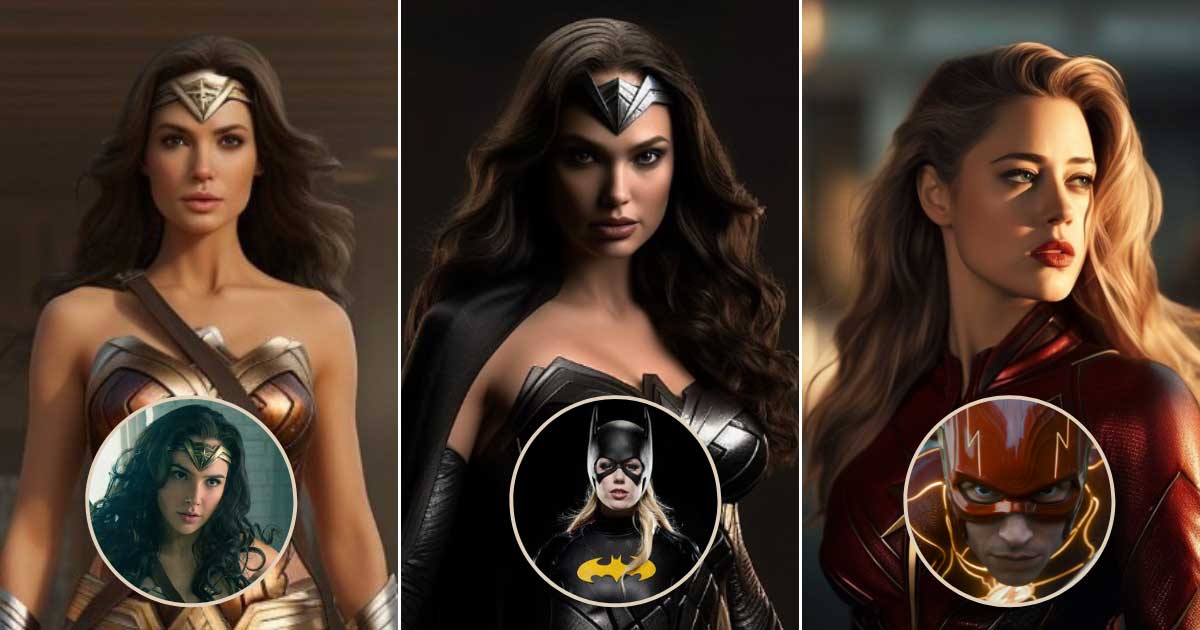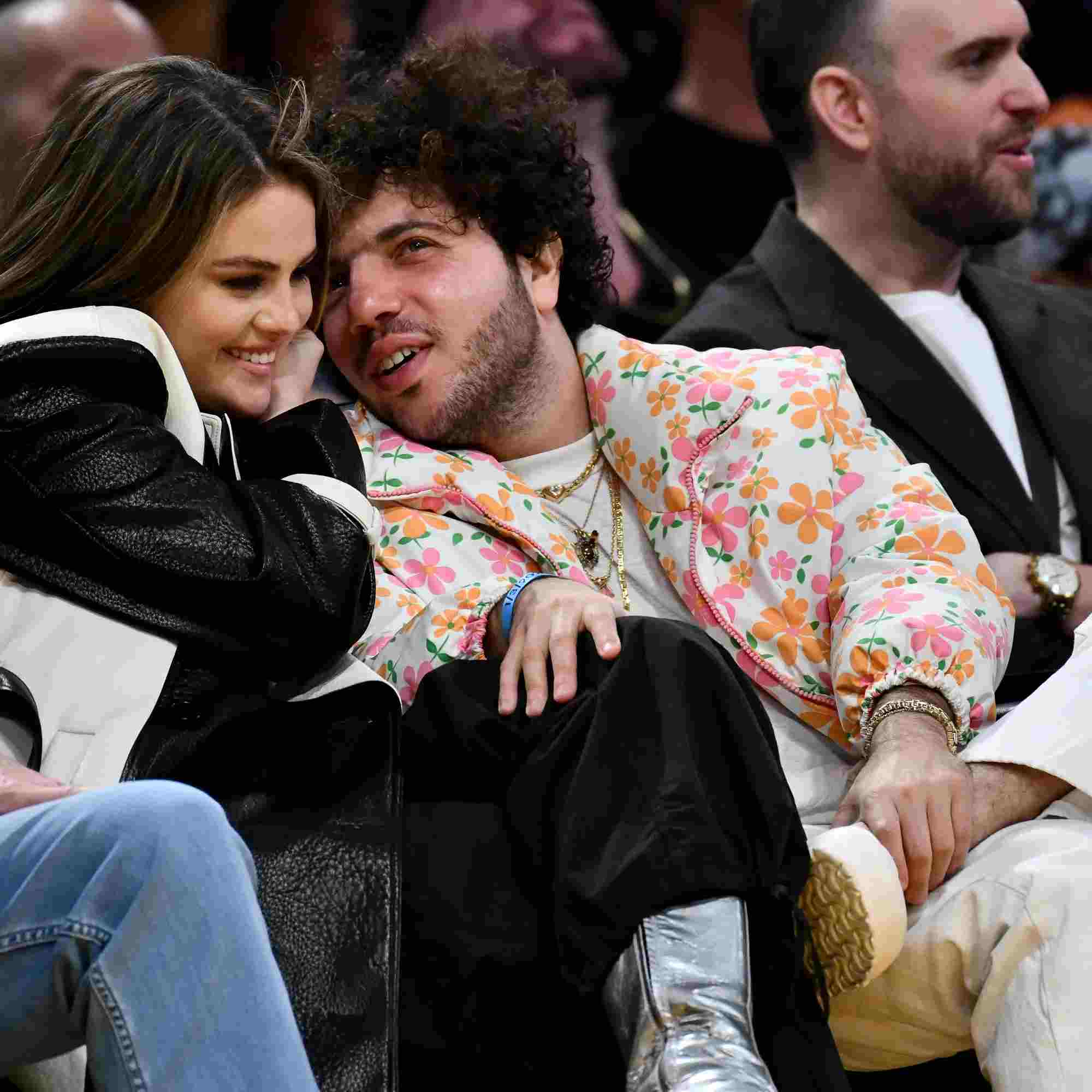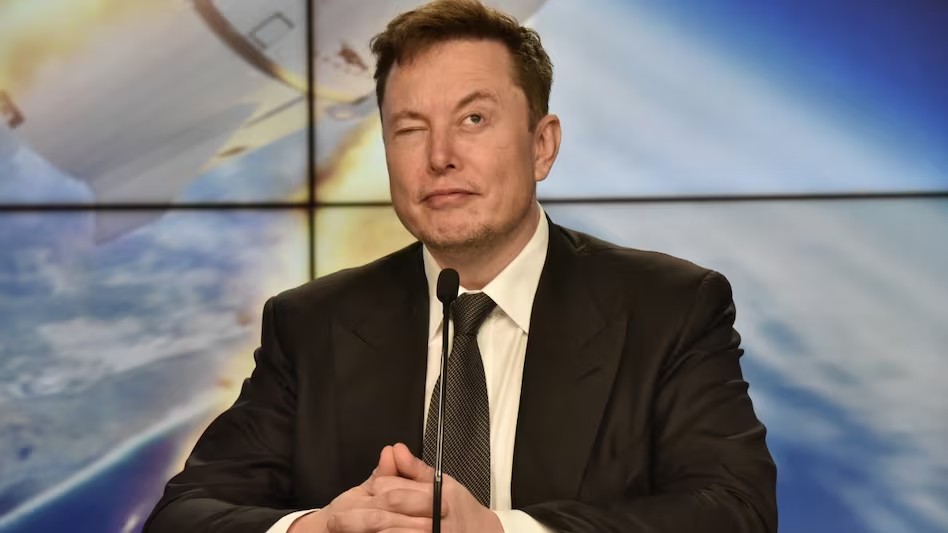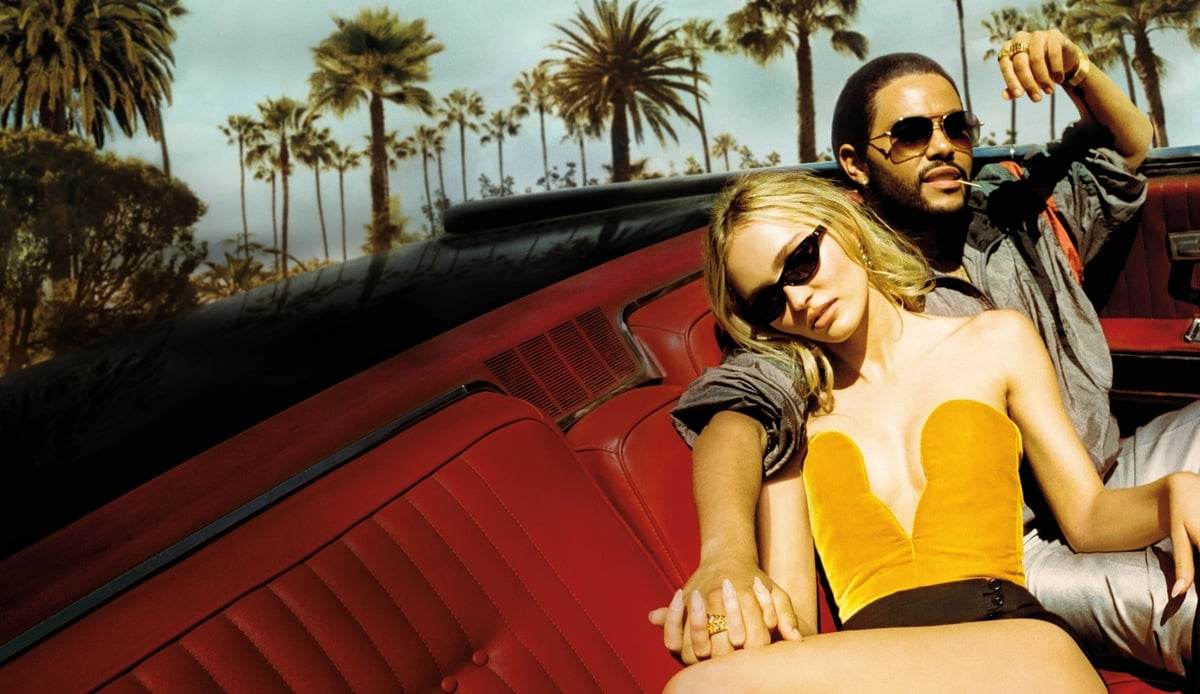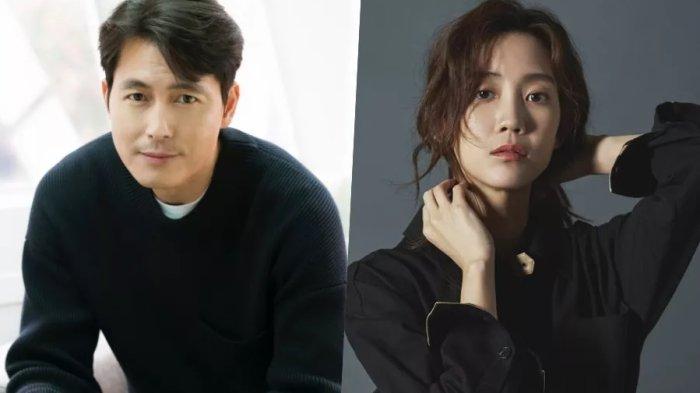“Ryan Gosling Is Wasting His Time”: Oliver Stone Criticizes Barbie’s Role
The blockbuster phenomenon of Greta Gerwig’s “Barbie” in 2023 not only ruled the box office but also earned praise for its feminist themes and Ryan Gosling’s humor. Yet, not everyone is cheering; enter Oliver Stone, the four-time Academy Award-winning director, standing firm against the tide. In an exclusive chat, Stone bluntly stated, “Ryan Gosling is wasting his time if he’s doing that shit for money.” Let’s dig into Stone’s thoughts and unpack the bigger picture of Hollywood’s journey.
Why Oliver Stone Disapproves
Oliver Stone, the maestro behind cinematic gems like “Platoon” and “Wall Street,” is known for his no-filter take on Hollywood. In a frank 2023 interview with City AM, Stone voiced his concerns, honing in on the soaring success of “Barbie.”
Stone’s beef isn’t just with one movie; it’s a broader worry about Hollywood’s direction. He’s bothered by the infantilization of Tinseltown, urging actors like Ryan Gosling, known for daring indie projects, to pivot towards more weighty roles. In his words, “He should be doing more serious films. He shouldn’t be a part of this infantilization of Hollywood. Now it’s all fantasy, fantasy, fantasy, including all the war pictures: fantasy, fantasy.”
Stone’s Broad Critique of Hollywood
Stone’s discontent doesn’t halt at “Barbie.” He spills thoughts on recent blockbusters, spotting what he perceives as a storytelling nosedive. The once-thrilling Fast and Furious series gets a critical side-eye, evolving into what Stone calls mundane, resembling Marvel movies and recycling tired tropes.
Then, there’s Stone’s scrutiny on the blockbuster action franchise “John Wick,” starring Keanu Reeves. Despite its wide acclaim, Stone struggled to stay awake during a flight, sharing, “On the plane, I watched John Wick, which is three hours and some. And I fell asleep about 778 times during it. It’s like the world has degenerated into non-logic.”
Hollywood’s Evolution According to Stone
Stone’s rant echoes the sentiments of directors from the ’70s, the golden age of American filmmaking. He worries about Hollywood losing its storytelling essence, drowned out by franchises and blockbusters. It’s a reminder of a time when nuanced storytelling trumped flashy visuals. It sparks a convo about Hollywood’s duty to deliver content that entertains and provokes meaningful discussions.
The Impact of Directorial Critique
Oliver Stone, a heavyweight in the biz, shakes Hollywood with his critique. It triggers pondering on the industry’s direction and the role of actors and directors in shaping its destiny. Stone’s plea for profound storytelling challenges both creators and audiences to expect more from the cinematic ride.
The debate stirred by Stone adds layers to the ongoing convo about the balance between moolah and artistic integrity in moviemaking. It nudges industry players to reassess priorities and mull over the long-term impact of creative choices on storytelling.
Final Thoughts
In a world ruled by sequels and blockbusters, Oliver Stone plants himself as a critic of a system favoring spectacle over substance. His call for actors like Ryan Gosling to choose depth over commercial ventures underscores the importance of storytelling in cinema.
As Hollywood finds its new identity, Stone’s critique, echoing through the industry, thrusts crucial questions about its future. In a sea of reboots, the demand for storytelling excellence rings louder. As Stone’s words echo through Hollywood’s corridors, the industry faces a moment of deep thought and a potential transformation.
Oliver Stone’s critique expands beyond “Barbie” to encompass Hollywood’s broader trajectory. His dissatisfaction sparks a larger conversation on the industry’s responsibility, the impact of directorial critique, and the future of storytelling in cinema.
